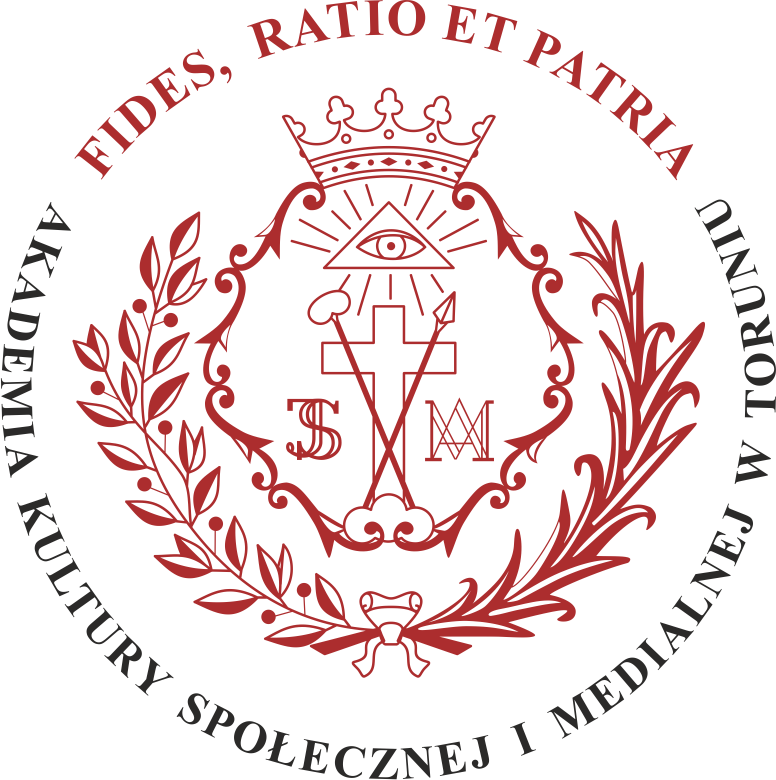#erasmus #mobile #mobility #international
On April 2021, an interesting study has been published by Seda Yıldırım, Seda Bostancı, Çağrı Yıldırım, and Fatma Erdoğan on the Higher Education Evaluation and Development journal.
The purpose of the study is to examine the relationship between the COVID-19 pandemic and international student mobility from an alternative perspective and to reveal descriptive findings. The mentioned study follows qualitative research methodology. In accordance with the purpose of it, the data were collected by the literature review and then it was analyzed by the descriptive analysis method.
The effect of the COVID-19 pandemic on international student mobility and the relationships between these variables are explained by tables and classifications reported at the end of the article and they represent in a clear and accessible way hot the COVID19 pandemic has impacted the mobility of international University students.
According to the findings obtained, the restrictions in physical student mobility and shutdown are observed by the authors as the biggest challenges that occurred in higher education during the COVID-19.
On a global scope, international student mobility has experienced a major break. Physical campus life is still on standby in many countries, while others are slowly reopening their facilities and activities to students and staff. Online higher education does not give any campus life as before. Students cannot benefit from city’s or country’s facilities when studying online at home country. The collaboration between university and business has been declined and this is even more discouraging for international students. The hybrid education model produced an intermediate solution in this period.
On the other hand, the rise of online education has created new techniques for higher education. University students who cannot go abroad attend different countries’ lectures and education programs. But also a new challenge has come as the access of online platforms in under developing countries university students. The online education system also discussed in terms of creating inequality in higher education.
These theoretical findings are accompanied by several practical implications, highlighted by the authors. It is seen that the traditional higher education system has been adapted into online distance higher education system since COVID-19 crises began globally. On the other side, most of studies have focused the effect of COVID-19 on university students based on the transition to online education. When considering the effect of the pandemic process on the mobility of international students and higher education, the authors can suggest policy makers to develop new higher education protocols and teaching models supporting key issues (economic, social, health, education and equalization) in the long-term. Higher education institutes have been able to produce creative and innovative solutions for both education and communication during the pandemic process.
University students who cannot go abroad attend different countries lectures and education programs. But also a new challenge has come as the access of online platforms in under developing countries university students. Online education system also discussed in terms of creating inequality in higher education.
The full article can be read here.










Interesting article.
The pandemic caused by COVID19 has brought many misfortunes. On the bright side, however, as we have been forced to use technology with more frequency, this pandemic has also opened up new opportunities for people without resources.
Those who did not have financial resources to travel in order to know other cultures, countries, learning methodologies, etc., have now easier access to them.
It would be great that these methodologies stay after the pandemic, and thay we do not stop offering these communication alternatives for those who cannot travel that much.
I agree.
This is a very interesting article.
The European model of higher education seems to have passed the test of crisis management. The transition to distance learning was quick and relatively smooth.
However, is this what a student’s life should look like in the long run? Online classes. Online exams. Relationships with other people also online.
The prolongation of the pandemic made it necessary to find new solutions. Modern technologies helped in this. But they also showed some dysfunctionalisms.
Poorer countries are lagging behind the challenges. The situation of poorer students also means that some of them may end up outside the system. The cost of a new computer is still a barrier for many.
Let us also not forget about emerging educational problems. In Poland, the problem turned out to be forcing the student to turn on the webcam. There was even a discussion as to whether it was legal to turn on the camera. So how to verify attendance at classes?
On the one hand, we must be pleased with the flexibility of higher education in Europe. On the other hand, let us not forget some of the problems that emerge.
… [Trackback]
[…] Find More Info here to that Topic: ripec-project.eu/discussion/rethinking-mobility-of-international-university-students-during-covid-19-pandemic/ […]
… [Trackback]
[…] Information on that Topic: ripec-project.eu/discussion/rethinking-mobility-of-international-university-students-during-covid-19-pandemic/ […]
… [Trackback]
[…] Find More Info here to that Topic: ripec-project.eu/discussion/rethinking-mobility-of-international-university-students-during-covid-19-pandemic/ […]
… [Trackback]
[…] Info on that Topic: ripec-project.eu/discussion/rethinking-mobility-of-international-university-students-during-covid-19-pandemic/ […]
… [Trackback]
[…] Find More Info here to that Topic: ripec-project.eu/discussion/rethinking-mobility-of-international-university-students-during-covid-19-pandemic/ […]
… [Trackback]
[…] Find More Info here on that Topic: ripec-project.eu/discussion/rethinking-mobility-of-international-university-students-during-covid-19-pandemic/ […]
… [Trackback]
[…] Info to that Topic: ripec-project.eu/discussion/rethinking-mobility-of-international-university-students-during-covid-19-pandemic/ […]
… [Trackback]
[…] Information to that Topic: ripec-project.eu/discussion/rethinking-mobility-of-international-university-students-during-covid-19-pandemic/ […]
… [Trackback]
[…] Read More here on that Topic: ripec-project.eu/discussion/rethinking-mobility-of-international-university-students-during-covid-19-pandemic/ […]
… [Trackback]
[…] Read More to that Topic: ripec-project.eu/discussion/rethinking-mobility-of-international-university-students-during-covid-19-pandemic/ […]
… [Trackback]
[…] Find More here on that Topic: ripec-project.eu/discussion/rethinking-mobility-of-international-university-students-during-covid-19-pandemic/ […]
… [Trackback]
[…] Read More on that Topic: ripec-project.eu/discussion/rethinking-mobility-of-international-university-students-during-covid-19-pandemic/ […]
… [Trackback]
[…] There you will find 1164 additional Information on that Topic: ripec-project.eu/discussion/rethinking-mobility-of-international-university-students-during-covid-19-pandemic/ […]
… [Trackback]
[…] Information to that Topic: ripec-project.eu/discussion/rethinking-mobility-of-international-university-students-during-covid-19-pandemic/ […]
… [Trackback]
[…] Find More Info here on that Topic: ripec-project.eu/discussion/rethinking-mobility-of-international-university-students-during-covid-19-pandemic/ […]
… [Trackback]
[…] Find More here on that Topic: ripec-project.eu/discussion/rethinking-mobility-of-international-university-students-during-covid-19-pandemic/ […]
… [Trackback]
[…] Read More Info here on that Topic: ripec-project.eu/discussion/rethinking-mobility-of-international-university-students-during-covid-19-pandemic/ […]